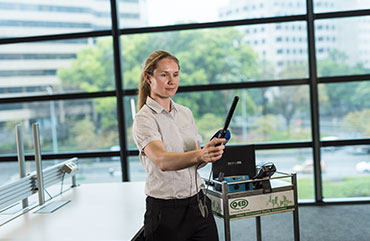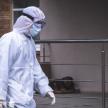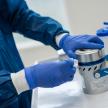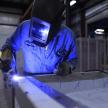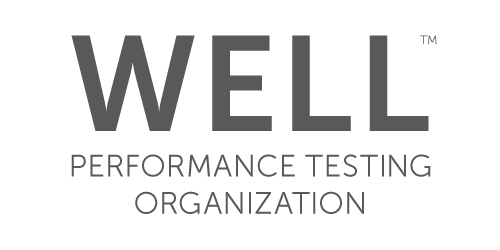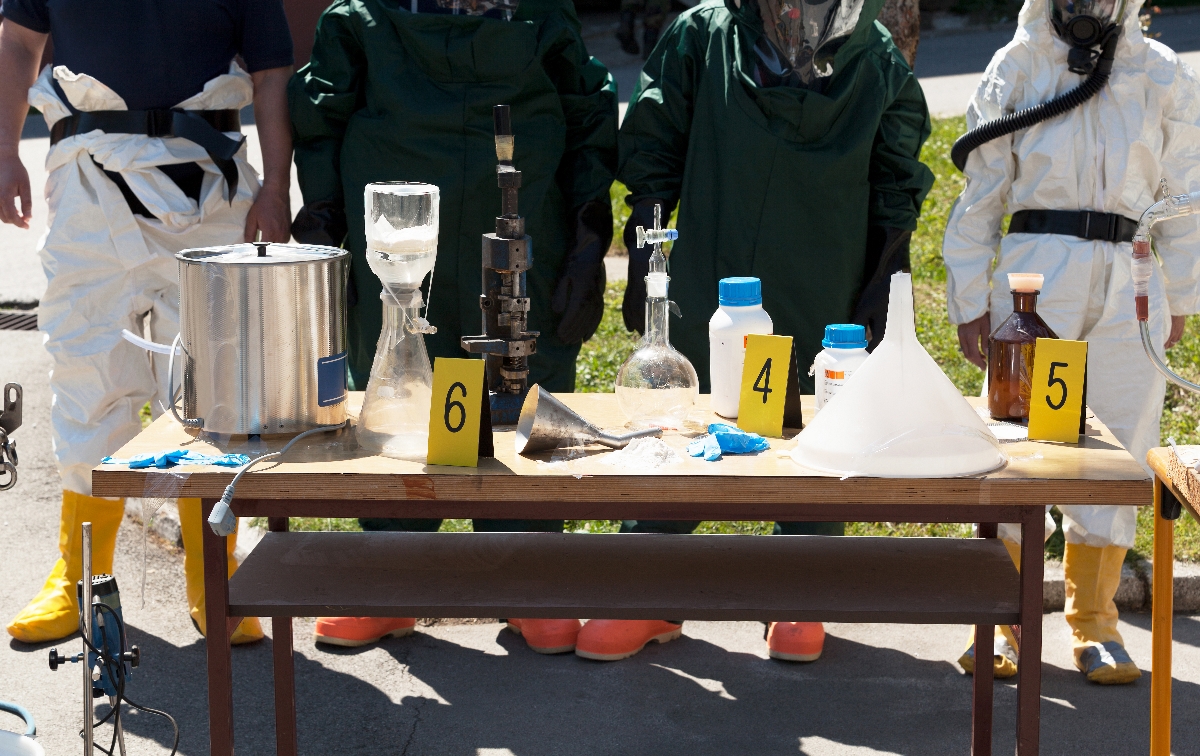
09th
Clan Labs: Managing the Risk of Illegal Drug Activity in Homes
By Ryan Tremain, Director, QED Environmental Services
The Department of Health for Western Australia released a new guide this week on managing the risk of illegal drug activity in homes.
Aimed at occupants, landlords, property managers and real estate agents the guide outlines how to identify and manage illicit drug contamination in residential properties.
The Department of Health and local government authorities are responsible under public health legislation to ensure residential properties are fit for human habitation and this guide focuses on 3 scenarios most commonly found in rental properties.
- Clandestine Laboratories (Clan Labs) – homes used to manufacture illicit substances, most often methylamphetamine (also known as meth, ice or crystal meth).
- Smoke Houses – properties where the tenants do not manufacture methylamphetamine, but smoke it on a regular basis posing a risk of contamination of the home.
- Grow Houses – homes used to grow cannabis using a hydroponic set up.
As Clan Labs pose the greatest risk in terms of drug residues, raw materials and waste chemicals contaminating surfaces in a property, this is the area we will focus on for the remainder of this article.
Health risks from clan labs
There are 3 symptoms that have been linked to the exposure of crystal meth in properties used as clan labs, these are:
- Noticeable changes in behaviour
- Disturbed or inconsistent sleep
- Issues related to the respiratory system
The most ‘at risk’ individuals are children, pregnant women and the elderly.
What happens when a clan lab is discovered?
Once a property is found to have been a clan lab the Department of Health is notified by the Police. If that home is then considered to be a public health risk the details are passed on to the local government authority for further action.
The local government authority will liaise with the home owner to outline their legal responsibilities and next steps for cleaning and remediation.
What are the legal responsibilities for landlords, property managers and real estate agents?
The legislation for Consumer Protection states that if a home buyer or tenant becomes ill from exposure to a clan lab, smoke house or grow house then the responsibility falls with the owner, however the property manager or real estate agent could also be subject to legal action.
The non-disclosure of known serious health hazards, including any chemical residue left at a property that was previously used as a clan lab, is a breach of the Real Estate and Business Agents and Sales Representatives Code of Conduct 2016 (the Code).
Also under the Residential Tenancies Act 1987, owners are required to lease properties that comply with health and safety laws and regulations.
Testing and managing contamination from clan labs
With the legal responsibilities listed above it is prudent to be aware of the available testing and cleaning procedures available to you.
The Department of Health recommends testing is only undertaken by an accredited forensic testing company, of which QED is one.
If the initial testing confirms that the home is contaminated the next step will be cleaning the property in an approved manner.
Again the Department of Health recommends remediation should be done following the DOH low level contamination cleaning procedure using an accredited cleaning company - QED can refer you to accredited cleaning companies if required.
You can learn more about our cleaning and remediation services for clan labs here or watch the video below for more information.
Read our white paper referenced in this video by clicking this link: Clandestine Laboratory Assessment and Management
Categories
Recent Posts
Trichloramine and Indoor Air Quality in Swimming Pools
05th Nov
For swimmers and pool workers alike, the characteristic "chlorine smell" at indoor swimming pools is part of the experience. Howev...
Indoor Air Quality Takes Centre Stage: A New Government Report on Airborne Virus Transmission
30th Sep
The importance of Indoor Air Quality (IAQ) has gained significant attention following the release of a groundbreaking report from Australia‚...
Changes to the workplace exposure standard for welding fumes
15th Mar
On January 18, 2024, SafeWork Australia made a significant adjustment to the Workplace Exposure Standard (WES) for Welding Fume (not otherwi...



